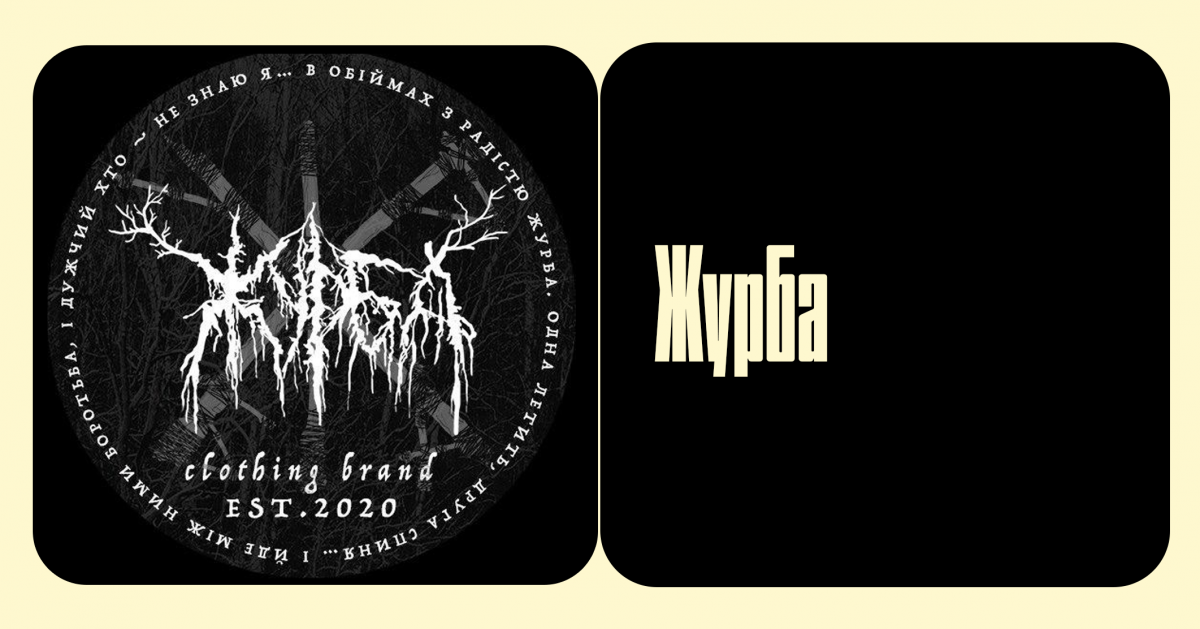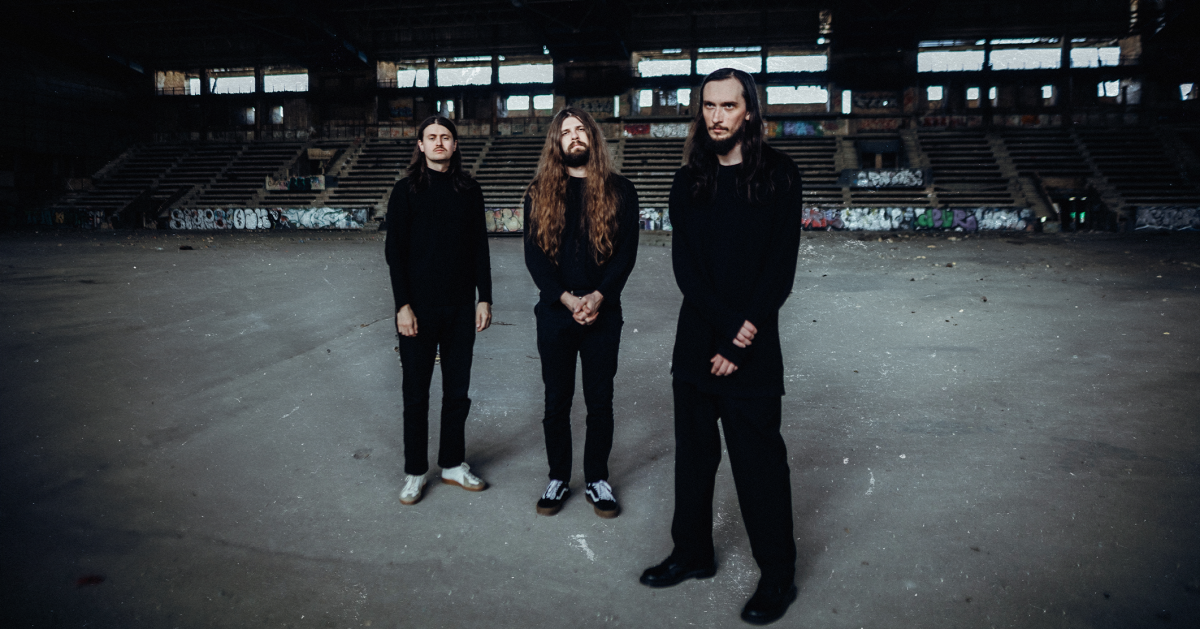Will Killingsworth: Ukrainian bands seem personally invested in their music

Will Killingsworth from Dead Air Studio (Western Mass, USА) is well-known to attentive Ukrainian music lovers for his mixing and mastering at least nine releases of local bands. So we decided it would be a good idea to know more about Will and his work.
Here is our list of Ukrainian releases that were created with some help of Will Killingsworth:
- Sike — Demo (2013)
- Reminded — Shoot (2014)
- Кат — Ров (2016)
- KAT / Yotsuya Kaidan — Split 7" (2016)
- Yotsuya Kaidan — Tired Of Tomorrow's You (2016)
- Raw Grip — Imitation (2017)
- The Night — War With The World (2018)
- Tank-2000 — Positive Rage (2018)
- МОЧА — Ухода 19 (2019)
— Do you remember the first Ukrainian band you worked with? Do you know how and why did they find you?
— I think the first Ukrainian band I worked with was Sike in 2013 who got in touch because they liked some of the Massachusetts hardcore bands I'd worked with. It's always cool to find out that something I've worked on has made its way around the globe. It was great that they hit me up!
— Now, when you worked with quite a lot of Ukrainian bands, can you name some special features of our groups or their music?
— I get the feeling that the Ukrainian bands I work with seem personally invested in their music and that they have really developed and worked towards crafting their artistic expression which is really cool. There seems to be a tangible excitement about working on the record and the artistic statement.
— When I searched for the list of local bands you've worked with I've noticed that almost all of them had recorded their music in very different places, with different people, and in different conditions. And you can’t control those processes obviously, but does it matter for you when you make mixing or mastering? Can you refuse to work with some bands just because you can do nothing with the material they're sending you?
— I do get sent recordings with a wide range of audio quality and being able to work with them is probably one of the most important skills I've had to develop. I try to never turn anyone away if I can help it. If I think there are limitations with the sound quality I definitely let the band know up front to make sure everyone has realistic expectations. Sometimes I've been sent tracks in a very fragmented or disorganized manner where I've need to ask the band to do a bit of organizational work, but that's very uncommon thankfully.
— Do you work on some new Ukrainian albums now? Which one, if you can tell?
— I was just sent some tracks by a Ukrainian band a few days ago, but I think it's too soon to give any details. Besides that, I think the list you sent actually has the most recent I've worked on, Моча, which I think turned out really cool!
— Our musicians often tell that you are well-known for a bit dirty sound (which is positive characteristic) and really low prices yet good quality. How do you achieve these two points?
— I think keeping prices low is important for working with the independent bands that I want to work with. I've built my work flow around being able to have multiple mixes in progress simultaneously, which was something that was difficult on my end 10+ years ago. A lot of mixing and mastering work involves creative problem solving, and thus keeping prices down is partially achieved by getting better at working through a variety of audio situations.
As for the dirtiness, it really depends on the band and what they're going for, but it's mainly about capturing or facilitating the energy that the band is creating in their song writing and performance. With digital recording it's easy for something to sound too clean and either clinical or somewhat boring. I used to work with only an analog mixing board and outboard gear that I could push in various ways to overdrive certain elements or an entire mix. When I started working in Pro Tools years ago the most important thing for me was finding approaches to overdrive and gain to achieve similar results. But I will admit to being a bit obsessed with overdrive!
— The other interesting opinion from Ukrainian musicians: it is good to make mastering of hardcore releases in the country where the genre was born. Do you personally feel that you are closer to hardcore or punk music in some way?
— This is a good question. I don't think it's necessarily about the place of origin, though it's related, but I do think punk and hardcore have different attitudes and approaches in different places. I think the attitude and the performance of some u.s. punk and hardcore bands is related to what people connect with and hope to capture on their own recordings. A lot of times bands get in touch with me, similar to Sike, because I've worked with bands that have inspired them, and they're looking to achieve similar results. References like that are definitely beneficial because then I can mentally reference what that prior recording was inspired by and what helped make it sound the way it does.
— Is it somehow harder or different to work with vocal in Slavic languages?
— I do have to be careful not to de-ess too much as various "S" sounds are important to the pronunciation, but otherwise it's pretty straight forward. Otherwise, with hardcore bands I'm fairly used to working with vocalists that I can't understand too many lyrics of.
— You worked with different bands from different countries. So what can you tell about the current position of d.i.y. music and its community worldwide? Is it strong now or does it live through not best times?
— I think the d.i.y. community is really prolific these days and the way that things can spread globally quickly is pretty remarkable. I think this can make it harder for new bands to stand out and get heard now though which is a downside.
— And for the very last: a few words to Ukrainian musicians and listeners if you wish)
— I'm definitely grateful to the artists that have reached out to me to work with them and am excited to work with more Ukrainian bands, as well as bands from all over the world. It's an honor that people trust me with their artistic creations!
Will Killingsworth:
http://deadairstudios.com/
https://www.facebook.com/DeadAirRecordingStudios











